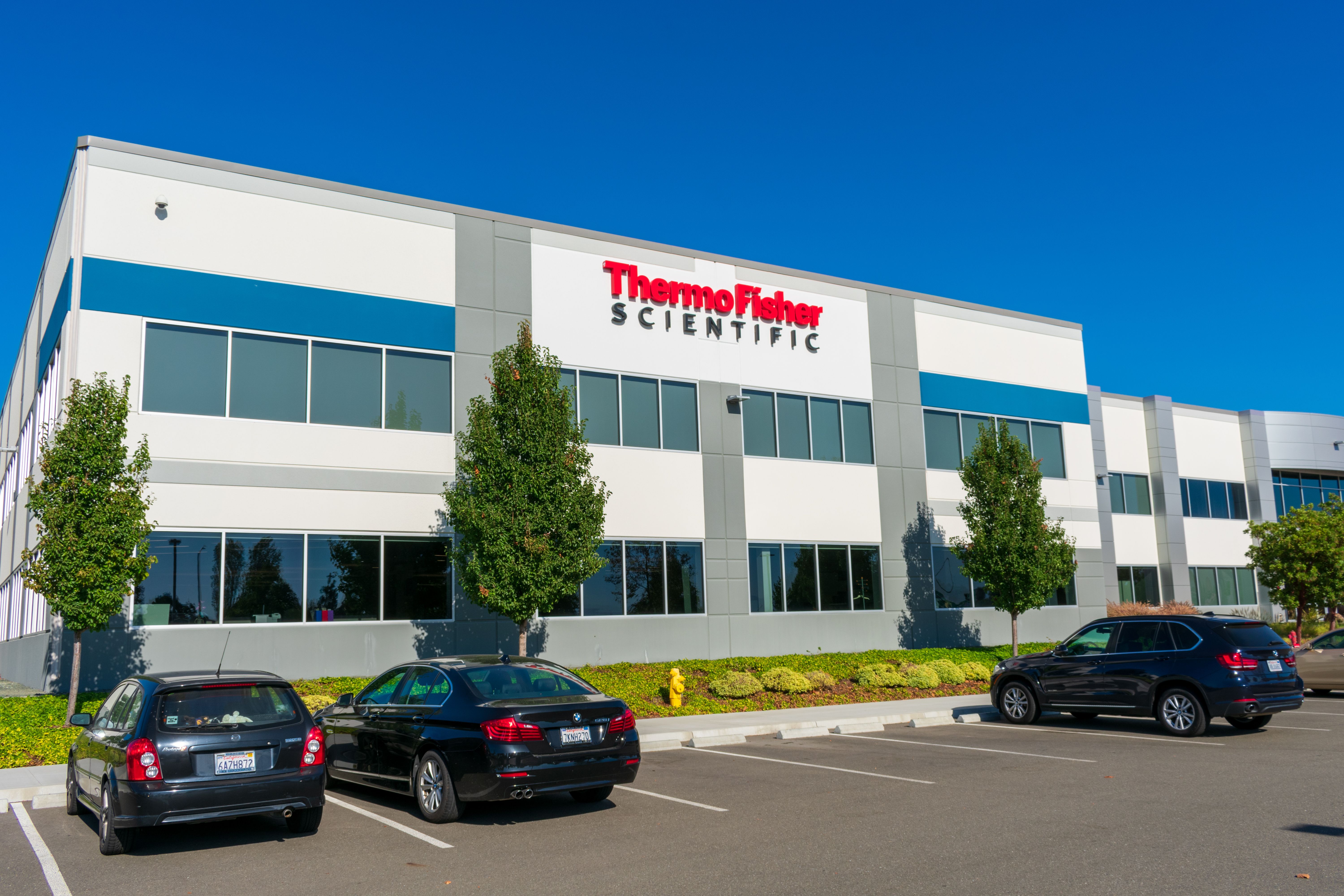Thermo Fisher Scientific Releases New Ion Chromatography System
Thermo Fisher Scientific has launched the Dionex Inuvion Ion Chromatography (IC) system, for ion chromatography analysis. Designed to be reconfigurable, the new technology can be used by scientists working in a variety of industries including food and beverage, municipal water, and more. This technology can also identify corrosive contaminants in oil and gas while providing quality assurance and quality control of ionic compounds in food, beverages, and pharmaceuticals.
Thermo Fisher Scientific company office in Silicon Valley, high-tech hub of San Francisco Bay Area - Fremont, CA, USA - 2019 | Image Credit: © MichaelVi - stock.adobe..com

“The Dionex Inuvion system is built on years of expertise and this new system will provide enhanced capabilities to labs of all sizes while helping streamline our IC portfolio so labs can more easily find the technology that is best for their needs,” said Lidija Raicevic, vice president and general manager of Ion Chromatography and Sample Preparation at Thermo Fisher Scientificin a press release.
Ion chromatography is a process that separates ions and polar molecules based their affinity to an ion exchanger. This process is based on a protein’s electrical charge, which has positively and negatively charged chemical groups and can be altered by buffer pH changes (1).
Thermo Fisher’s new system can be tailored to different analytical requirements and extend IC capabilities, which means that it can adapt to changing conditions. The Dionex Inuvion IC system is available in three system configurations: the Dionex Inuvion Core IC system, Dionex Inuvion IC system, and Dionex Inuvion IC system with Reagent-Free IC (RFIC) capabilities (2). This system can be upgraded, and customers can choose to install optional accessories that are tailored to certain application needs.
References
(1) Ion Chromatography. ScienceDirect 2021. https://www.sciencedirect.com/topics/agricultural-and-biological-sciences/ion-chromatography (accessed 2024-2-14)
(2) Dionex Inuvion Ion Chromatography. Thermo Fisher Scientific Inc. 2024. https://www.thermofisher.com/us/en/home/o/a/dionex-inuvion-ic.html?cid=fl-cmd-inuvion (accessed 2024-2-14)
Analytical Challenges in Measuring Migration from Food Contact Materials
November 2nd 2015Food contact materials contain low molecular weight additives and processing aids which can migrate into foods leading to trace levels of contamination. Food safety is ensured through regulations, comprising compositional controls and migration limits, which present a significant analytical challenge to the food industry to ensure compliance and demonstrate due diligence. Of the various analytical approaches, LC-MS/MS has proved to be an essential tool in monitoring migration of target compounds into foods, and more sophisticated approaches such as LC-high resolution MS (Orbitrap) are being increasingly used for untargeted analysis to monitor non-intentionally added substances. This podcast will provide an overview to this area, illustrated with various applications showing current approaches being employed.







